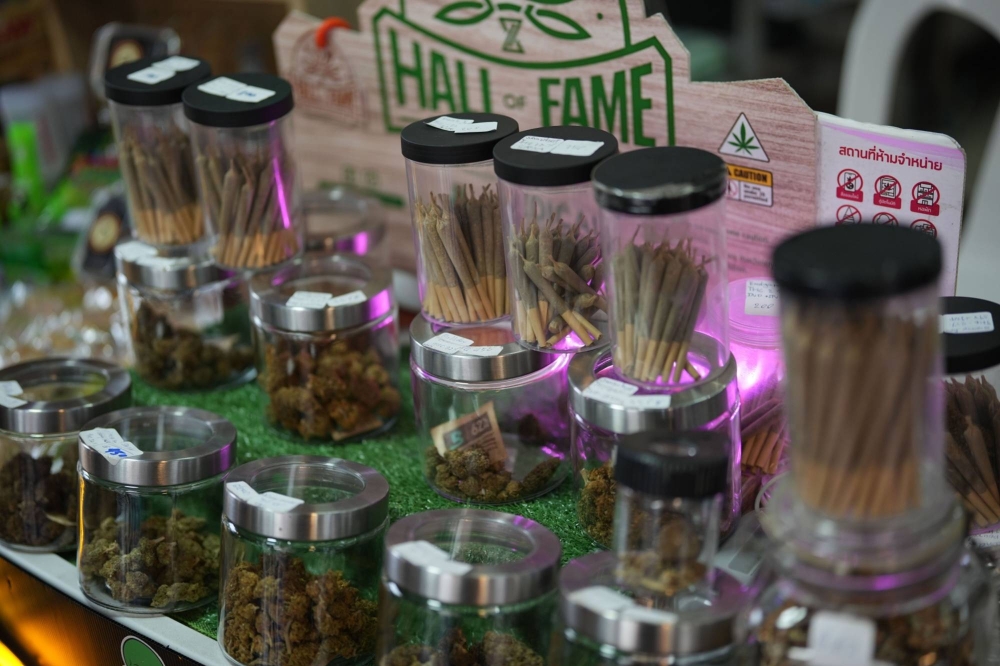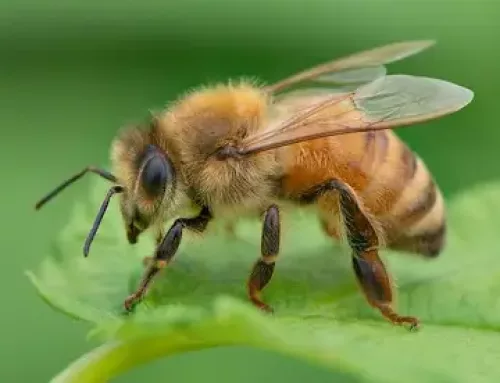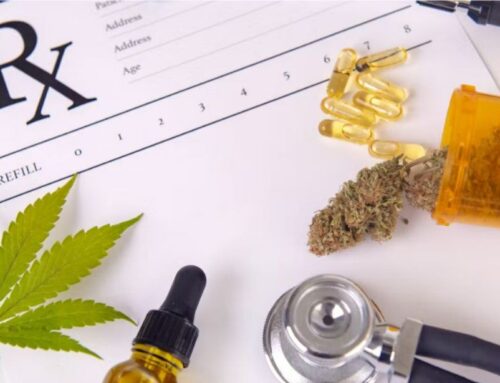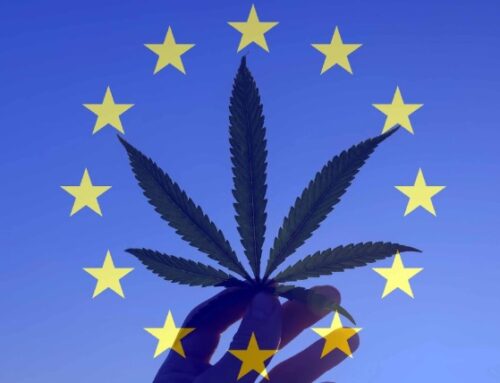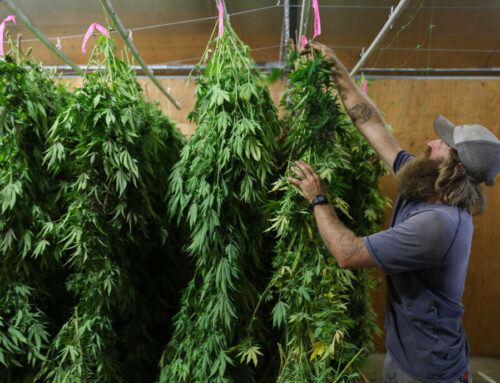Thai Cannabis Advocates Protest Potential Ban
BANGKOK — Nearly a hundred cannabis advocates marched to the Thai prime minister’s office on Monday to protest a potential ban on general cannabis use, two years after its decriminalization.
The protest followed a decision by the health ministry’s drug control committee on Friday to relist cannabis as a narcotic, limiting its use to medical and research purposes. The proposal, if approved by the Office of the Narcotics Control Board, would take effect on January 1.
Cannabis activists and entrepreneurs, some carrying potted cannabis plants, gathered at the United Nations headquarters in central Bangkok before marching to the Government House. Prasitchai Nunuan, a representative of a pro-cannabis network, urged the health ministry to regulate cannabis separately rather than criminalize it again. He alleged that the government seeks to monopolize the benefits of medical cannabis for select interest groups.
“This fight for cannabis is not only for medical security or people’s rights but also for destroying the monopoly of politicians taking its benefits away from the people,” Nunuan said.
Chokwan “Kitty” Chopaka, a cannabis shop owner and activist, criticized the Thai Cabinet for allowing political manipulation in decision-making and called for a policy that benefits the majority. “Who are you to judge what they use it for and how they use it?” she questioned.
Protesters were stopped by police barricades before reaching the Government House. They set up camp nearby, vowing to stay until their demands were addressed. An official later received their written petition.
Prime Minister Srettha Thavisin’s announcement in May to potentially outlaw cannabis sparked protests, with advocates arguing that such a move would harm the economy. Legal cannabis has boosted Thailand’s tourism and farming sectors, creating thousands of cannabis-related businesses.
Cannabis grower Pock Pechthong, who participated in Monday’s march, stated that while more regulations are needed, a complete rollback would negatively impact those who have invested heavily in the industry. “Everybody’s spent a lot of money already. I’m a grower, so our main concern is not being able to grow or use it,” he said.
Since its decriminalization in 2022, cannabis was initially intended for medicinal use, but the market has remained largely unregulated. This has led to public backlash and concerns over misuse and crime, which the government cited as reasons for the proposed ban.
Health Minister Somsak Thepsuthin mentioned that a ministry-conducted survey showed that 80% of 111,201 participants supported the ban, although the results were not publicly shared.
The Bhumjaithai Party, led by Anutin Charnvirakul, who played a key role in decriminalizing cannabis in 2022, opposes the proposed ban. Anutin, now the interior minister, argued that while his party does not support recreational cannabis use, a rollback would adversely affect the cannabis industry.











